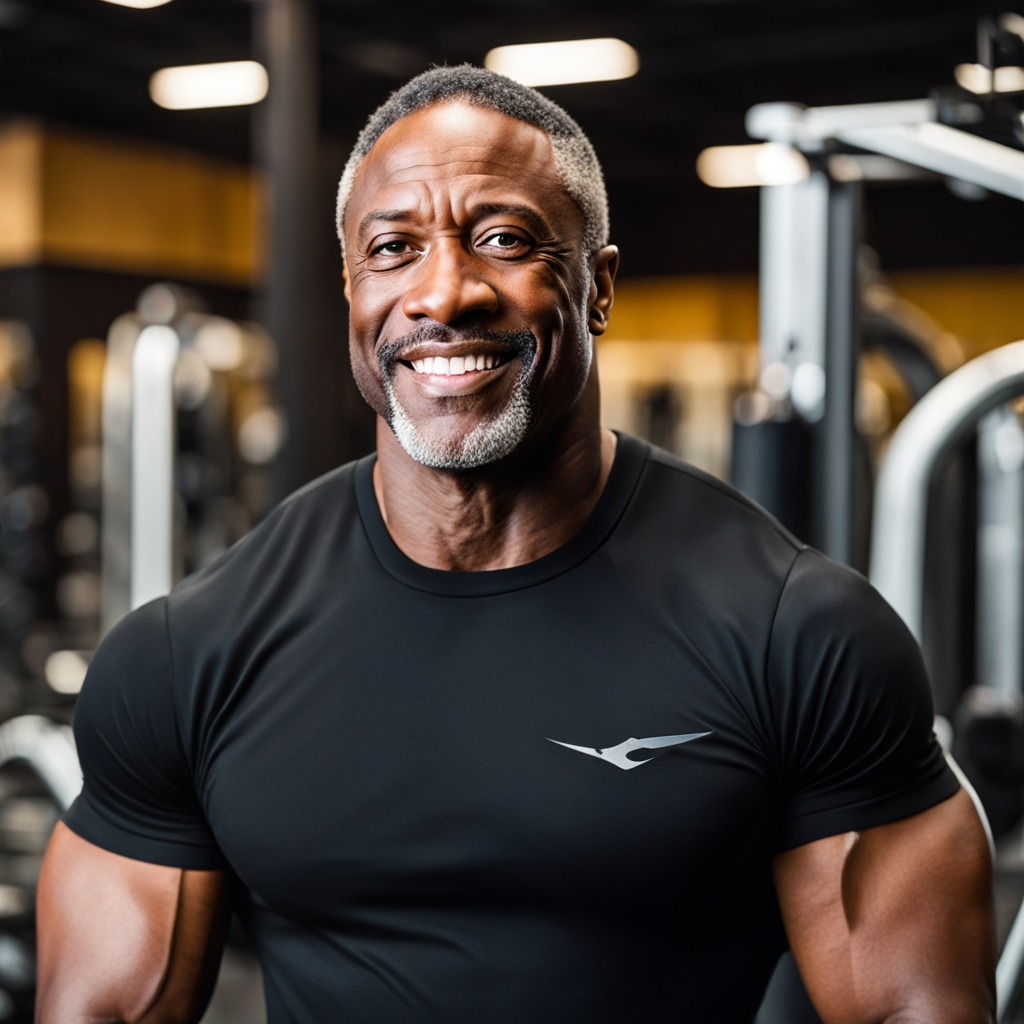If you're feeling anxious, stressed or depressed you might wonder if your hormones are involved. Testosterone is a hormone that affects men's well being, mental state and sexual health. Can low testosterone levels also contribute to anxiety and other mood related problems? If so, what can you do to address it? In this article we'll explore the link between testosterone and anxiety and discuss approaches to boosting your testosterone levels.
How Does Low Testosterone Cause Anxiety?

Anxiety is an issue concerning health that impacts millions of individuals globally. It involves concern, nervousness, fear or panic that disrupts one's life. Various factors can contribute to anxiety, including genetics, environment, trauma, personality traits and lifestyle choices.
However it's not easy to determine whether low testosterone can cause anxiety. While there is no evidence suggesting a connection between low testosterone and anxiety there might be a potential link between the two.
According to some studies, low testosterone can affect your brain chemistry and function in various ways, such as:
- Reducing the production of new brain cells and neural connections
- Decreasing the levels of serotonin and dopamine, which are neurotransmitters that regulate mood, happiness, and reward
- Increasing the activity of the amygdala, which is a part of the brain that controls fear and emotional responses
- Altering the balance of cortisol and adrenaline, which are hormones that trigger the stress response
These modifications have the potential to increase your susceptibility to feelings of anxiety, depression, irritability and other mood disorders. Moreover, decreased testosterone levels can also lead to manifestations that may exacerbate your anxiety, including fatigue, difficulty sleeping, weight gain, sexual problems or a decrease in self confidence.
How Can You Treat Low Testosterone and Anxiety?
If you think you might be experiencing testosterone and anxiety it is advisable to seek medical advice from your doctor. They will likely conduct a blood test to assess your testosterone levels and rule out any underlying health issues that could be contributing to your symptoms.
Depending on your situation, your doctor may recommend one or more of the following options to treat your low testosterone and anxiety:
Lifestyle Changes
Making lifestyle changes is a safe approach to address testosterone levels and anxiety. By adopting habits you can increase testosterone levels while enhancing your well being. Here are some lifestyle adjustments that may assist you;
- Maintain a diet that includes protein, healthy fats, fiber, vitamins and minerals. It's best to avoid processed foods, sugar, alcohol and excessive caffeine intake.
- Regular exercise is strength training exercises that encourage testosterone production and release endorphins. The body's natural pain relievers and mood enhancers.
- Prioritize sleep as it plays a role in hormone balance and stress management.
- Effectively manage stress levels since they can negatively impact testosterone production and trigger anxiety symptoms. Consider trying relaxation techniques like meditation, yoga, breathing exercises or even indulging in a massage.
- Seek support from your circle to help cope with feelings of anxiety or depression. Engaging in conversations with friends, family members or seeking guidance from a therapist can be beneficial.
- Find joy and fulfillment by engaging in hobbies or activities that bring you happiness. This could be anything, from reading books to writing stories or playing music to volunteering for a cause.
Medications or Supplements
Taking medications or supplements can be considered as an approach to address both testosterone and anxiety. It is crucial though to consult with your doctor as these drugs or natural remedies could have side effects or interact with other substances.
Some of the medications or supplements that may help you include:
- Antidepressants and anti anxiety medications are commonly prescribed to alleviate the symptoms of anxiety and depression. However it's important to note that these medications can also have some side effects, such as erectile dysfunction, weight gain, difficulty sleeping or withdrawal symptoms.
- Certain herbal remedies,, like ashwagandha, ginseng, maca or tribulus terrestris have been suggested to aid in testosterone production and mood improvement. However it should be noted that there is evidence regarding their effectiveness and safety.
- Some dietary supplements, like zinc, magnesium vitamin D, omega 3 acids or DHEA (dehydroepiandrosterone) may help with hormone production and function. However it's important to consider the dosage and potential side effects that these supplements might have.
Conclusion
Low levels of testosterone and feelings of anxiety are both issues that can have an impact on men's health and well being. It's not entirely clear whether low testosterone leads to anxiety or if it works the way around. However there seems to be a connection between these two conditions, involving biological and psychological factors.
If you suspect that you might be dealing with both testosterone and anxiety it would be wise to seek assistance from your doctor. There are treatment options to help address hormone levels and mental well being. These options may include TRT (Testosterone Replacement Therapy) making lifestyle changes, taking medications or considering supplements.
Nevertheless it's important to consider the advantages and disadvantages of each option and follow the guidance provided by your doctor. By doing so, you can work towards restoring your testosterone levels to normal while also finding ways to effectively manage your anxiety.






